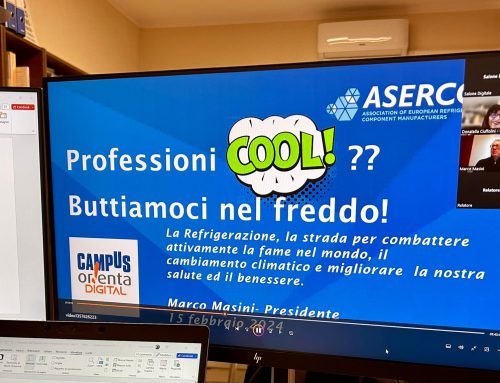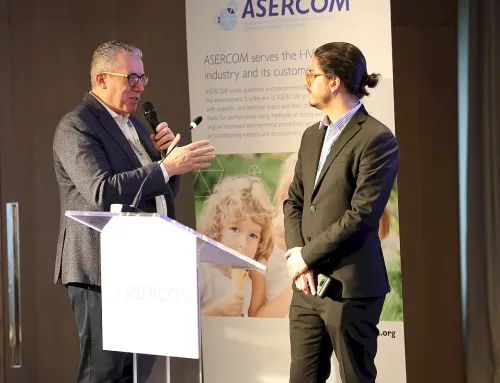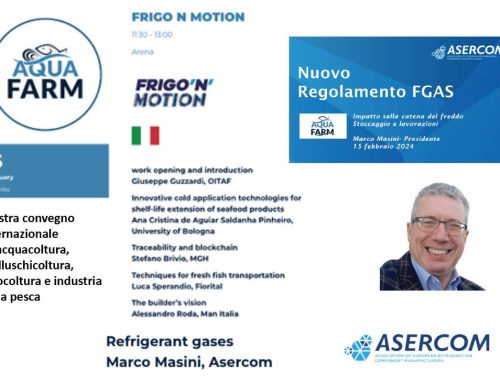The US Air-Conditioning, Heating and Refrigeration Institute AHRI has now published a comprehensive handbook on the safe use of A2L refrigerants. The report is available free of charge here.
The restriction on the use of the most common F-gas refrigerants has given the development of alternative refrigerants and the necessary components an enormous boost in innovation. This development is particularly evident in refrigerants. The alternative A2L refrigerants with lower flammability compared to A3 refrigerants are conquering the international market. Especially since various studies show that A2L refrigerants are necessary to achieve the European F-Gas Phase Down and Kigali targets.
In terms of fire protection, A2L refrigerants bring new challenges, but in the meantime many solutions have been developed. For example, special attention is being paid to the issue of fire protection and fire fighting, and not only overseas. The US fire service is therefore calling for data to be collected to minimise the hazards to firefighting personnel when responding to fire incidents in rooms containing the new refrigerants. Specifically, the following areas have been identified where A2L refrigerant performance data is important to firefighting tactical considerations:
a) Comparison and contribution of A1 and A2L refrigerants in a fire in terms of heat and gas generation;
b) Potential for flash fire, deflagration or explosion hazards in residential and commercial
applications;
c) Influence on fire dynamics due to refrigerant leakage during firefighting and repair work by the fire brigade.
Data from tests conducted on these will now be used by the UL Fire Safety Research Institute (FSRI) to develop training materials for firefighters. “The insightful AHRI Report on fire safety when using A2L refrigerants provides a comprehensive assessment that is also important for all market participants in Europe,” says Wolfgang Zaremski, President of the European association ASERCOM.
The AHRI Report is available for download free of charge here or at the AHRI Website: https://www.ahrinet.org/resources/research/public-sector-research/technical-results






